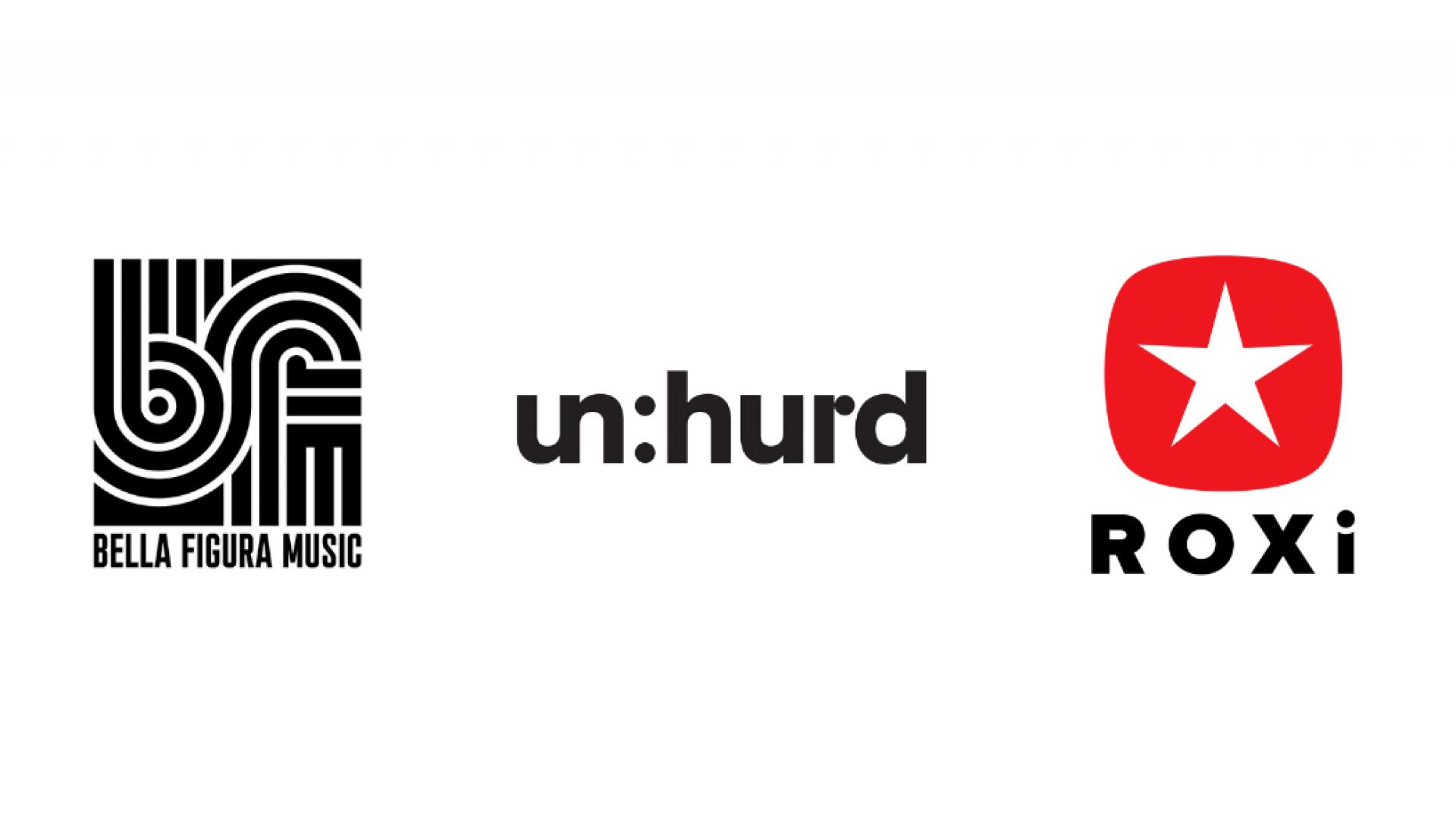
The Resilience Of The UK Music Industry
The music industry has a significant impact on the UK economy, contributing £4bn in 2021 and unlocking opportunities for many creative talents. The sector also supports a wide range of different professions, from songwriters to venue owners and managers.
But recent years have been extremely difficult for the music scene.
After struggling through the turbulence of the pandemic, artists and businesses are now grappling with the ramifications of the cost-of-living crisis. Consumers are dealing with a huge financial squeeze, which means that buying tickets for gigs and events is becoming less and less feasible for many fans.
British performer Frank Turner claims that his touring costs have skyrocketed, and has highlighted the difficulty of attracting sufficient crowds:
“Broadly speaking, ticket sales are 40% down across the board…This year, there have been a million tours that haven’t been selling as well as expected.”
However, there are signs of hope emerging for the music sector, despite these obstacles.
The industry has proved to be incredibly resilient, adapting to the economic climate and finding new ways to succeed.
Platforms like Twitch and TikTok are experiencing massive growth, and musicians are leveraging them to open up new revenue models. Plus, digital music distribution is enabling artists to boost their income while tours and live events experience a dip.
Let’s explore how the music industry is bouncing back from tough times and readying itself for positive growth in the near future.

Thriving in the digital world
Although the music industry is facing difficult economic conditions, there will always be demand for new music, new artists, and new creative ideas.
This demand is helping the music sector to carve out valuable new revenue opportunities in the digital space.
For example, artists have never had more opportunities to engage and connect with their audience online. There’s no need for a third party or middleman to be involved - musicians can live stream new tracks, communicate directly with listeners, and grow excitement around upcoming releases exclusively through social media.
Many artists are finding effective ways to utilise (and monetise) digital platforms, helping them to overcome the issues arising from the cost-of-living crisis.
There are also long-term trends emerging that may help artists to thrive in the future. As working from home becomes more common, individuals will have more time to discover new music, which provides musicians with a golden opportunity.
Fundraising platforms (e.g. Patreon) are also becoming increasingly popular, enabling artists to share exclusive tracks and performances with paid subscribers. Even Spotify is joining this trend, allowing musicians to fundraise directly through their profile on the app.
While opportunities for physical performances may be suffering during the cost-of-living crisis, there’s no shortage of digital opportunities available to musicians.
Unlocking significant funding
The music industry is also receiving a significant amount of funding, which may prove to be invaluable in keeping the sector afloat during this difficult period.
For example, in November 2022, it was announced that the UK government would be granting creative businesses in six English regions a £17.5m funding pot to help them expand operations, boost recruitment, and attract investment.
The British Phonographic Industry (BPI) also announced that the latest round of funding for the Music Export Growth Scheme had seen £500,000 distributed to 28 artists around the UK.
Finally, the government has also shown increasing support for the grassroots of the UK music sector, publishing updates for the ‘National plan for music education’ in 2022.
Although this funding won’t be able to resolve every challenge the industry is currently facing, it may prove to be a lifesaver for many artists and businesses struggling through the cost-of-living crisis.

Riding the wave of new trends
Many interesting trends are appearing inside (and outside) of the music sector that could offer a lifeline for UK musicians.
Streaming platforms such as Spotify and Soundcloud, for instance, are constantly becoming more advanced when it comes to artist recommendations, playlist curation, and genre suggestions. Machine learning is making it infinitely easier for listeners to discover new musicians, which can only be a good thing for the growth of the industry.
Music licensing fees and usage rights are also becoming highly valuable for artists and management companies, as viral content created on platforms like TikTok and YouTube is monetised.
The surging popularity of AR and VR technologies is also making virtual concerts more feasible for artists, providing them with access to colossal digital audiences.
On a similar note, there has been a noticeable crossover between the music and gaming spheres, with artists like The Kid Laroi recently using Fortnite to build excitement around an album release and deliver a live concert performance.
Artists are no longer restricted to traditional media channels when promoting their work and have more autonomy than ever. The NFT market is packed with exclusive releases, musicians are taking control of their own streaming content, and virtual performances are helping artists to navigate the current decline of live ticket sales.
As digital technology continues to diversify and innovate, musicians will be able to capitalise on increasingly effective ways to generate revenue and attract new listeners.
These trends aren’t limited to the digital world, either. The market has also seen a resurgence in the popularity of vinyl, with vinyl records recently outselling CDs for the first time since 1987 - yet another opportunity for artists to boost their income.

Generating investment and support
Companies in the music space are finding consistent success with their fundraising efforts, which is also a positive sign for the industry's future.
More than 1.5m new start-ups have launched in the UK in the last 2 years, proving that opportunities exist for ambitious small businesses to establish themselves and attract investment.

For instance, recently established Bella Figura Music (launched by ex-BMG UK president Alexi Cory-Smith) has reportedly received upwards of £30m in backing from a private equity firm. The brand claims to be a “music company for the digital age” and will focus on acquiring, marketing, and monetising an impressive publishing catalogue.
Other businesses have also enjoyed huge fundraising success in the industry, such as Unhurd, a music marketing and analytics company that recently completed a 7-figure seed investment round.
Roxi (a music/TV streaming service) and 235 Music Publishing are other notable examples of music companies that have successfully launched and accelerated growth in recent years.
While a tough economic climate will always put pressure on music start-ups, these companies have shown that it’s possible to thrive in difficult circumstances.
The music sector has encountered plenty of hurdles in recent times, transitioning from the restrictions of the pandemic to the financial challenges of the cost-of-living crisis.
However, time and time again, the industry has shown astounding resilience in the face of adversity - and with the emergence of exciting new digital technologies and changing consumer behaviours, the future is looking bright for fans, artists, and businesses alike.
If you’re looking for guidance on finding the best talent for a growing finance or operations team within the Music industry, please get in touch with Matt at [email protected]




